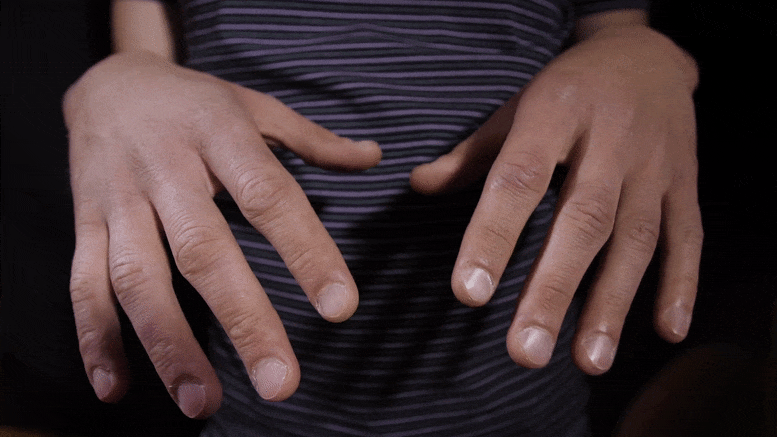Vaccines and Functional Neurological Disorder – A Complex Story
0 View
Share this Video
- Publish Date:
- 26 May, 2021
- Category:
- Covid
- Video License
- Standard License
- Imported From:
- Youtube
Tags

Some videos posted on social media show that people having abnormal movements and walking difficulties after receiving a COVID-19 vaccine may be related to a functional neurological condition – a common neuropsychiatric condition.
Videos of people with severe neurological symptoms, including convulsions and difficulty walking, have appeared on Facebook, YouTube and other social media outlets, supposedly after receiving a COVID-19 vaccine. The millions of people who watch these videos could conclude that the vaccine is either quite dangerous to cause such symptoms or that the people in the videos are mimicking their symptoms. Both conclusions are false, according to neurologist and psychiatrist David Perez, MD, MMSc, director of the Functional Neurological Disorders Unit at Massachusetts General Hospital (MGH).
In a JAMA Neurology Viewpoint, the authors explain that the COVID-19 vaccine can accelerate the development of functional neurological disease (FND), a neuropsychiatric condition with symptoms such as limb weakness, walking difficulties, jerky movements, tremor and facial cramps. “The dissemination of these videos could fuel hesitancy about vaccines by providing an overly simplistic impression of possible links between the vaccine and major neurological symptoms,” said Perez, the paper’s senior author. “Instead, these are symptoms of a real brain-based condition at the intersection of neurology and psychiatry.”
FND is a disruption of the brain’s normal mechanisms of controlling the body and can be caused by physical or emotional events, including head injury, medical or surgical intervention, and vaccinations. “Some people with FND have heightened awareness of their bodies and an increased state of arousal and threat, which can hijack normal neural networks that control voluntary movements,” Perez says. “FND teaches us quite a bit about the complexity of the human brain.”
A person’s awareness of motor control can also be compromised by FND, adds lead author David Dongkyung Kim, MD, clinical fellow in Behavioral Neurology-Neuropsychiatry in HGH: their movements, such as tremors or movements of the trunk. “
Some, but not all, individuals vulnerable to developing FND may have experienced adverse life events or have chronic pain or a range of other medical or psychiatric conditions. “The biopsychosocial model with an interplay of risk factors, triggering events, and perpetual factors is how we currently understand FND,” says Kim. However, FND can be treated with education, physical rehabilitation, and psychotherapy.
Neurologists and other health care professionals have a duty to explain FND to the public, the authors said. “Helping people understand FND will include this condition in mainstream medical conversations, and addressing issues in a transparent manner will help people make more informed decisions about receiving the COVID-19 vaccine,” says Perez.
Reference: “Helping the Public Understand Adverse Events Associated with COVID-19 Vaccinations, Lessons Learned from Functional Neurological Disorders” by David Dongkyung Kim, MD; Candice S. Kung, MD and David L. Perez, MD, MMSc, Apr 9, 2021, JAMA Neurology.
DOI: 10.1001 / jamaneurol.2021.1042
Perez is an assistant professor of neurology at Harvard Medical School. Candice Kung, MD, is a forensic psychiatry fellow at the University of Toronto.










